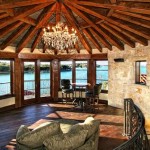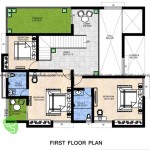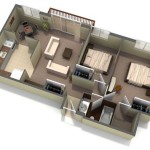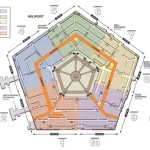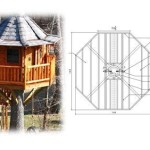Building A House: Essential Aspects of House Plans
Building a house is a significant undertaking that requires careful planning and meticulous execution. One of the foundational steps in this process is developing a well-conceived house plan. A comprehensive plan serves as a roadmap for the entire project, guiding every aspect of construction and ensuring a successful outcome.
Floor Plan
The floor plan is the blueprint of a house's layout, defining the arrangement of rooms, hallways, and other spaces on each level. It determines the flow of traffic, the placement of windows and doors for natural light and ventilation, and the overall functionality of the home. Careful consideration should be given to the size, shape, and connectivity of rooms, as well as the placement of furniture and appliances.
Exterior Design
The exterior design of a house is as important as its interior. It influences the curb appeal, aesthetic value, and overall impression of the property. Factors to consider include the architectural style, materials used, roof design, landscaping, and potential outdoor living spaces. A well-designed exterior not only enhances the home's appearance but also contributes to its energy efficiency and durability.
Structural Integrity
The structural integrity of a house is paramount. The plans must ensure that the building can withstand various environmental forces, including wind, rain, snow, and earthquakes. Structural components such as the foundation, walls, roof, and framing must be designed to meet local building codes and industry standards. Proper engineering and attention to detail are crucial for a safe and durable home.
MEP Systems
MEP stands for mechanical, electrical, and plumbing systems. These essential components provide comfort, convenience, and safety within the home. The plans should include details for heating, cooling, ventilation, electrical wiring, plumbing fixtures, and lighting. Proper design and coordination of MEP systems ensure a comfortable and functional living environment.
Energy Efficiency
Energy efficiency is a growing concern in modern home construction. The house plans should incorporate measures to reduce energy consumption and minimize environmental impact. This may include the use of energy-efficient appliances, insulation, renewable energy sources, and passive design strategies. By incorporating energy-saving features, homeowners can reduce utility costs and contribute to sustainability.
Sustainability
Sustainability goes hand-in-hand with energy efficiency. The house plans should consider the use of sustainable materials, construction methods, and design principles. This includes the use of recycled materials, rainwater harvesting systems, and designs that minimize waste and pollution. By embracing sustainable practices, homeowners can build a more environmentally friendly and responsible home.
In conclusion, developing a comprehensive and well-executed house plan is essential for a successful home construction project. By carefully considering all the essential aspects, including floor plan, exterior design, structural integrity, MEP systems, energy efficiency, and sustainability, homeowners can create a dream home that meets their needs, enhances their lifestyle, and stands the test of time.

Easy To Build Houses And Floor Plans Houseplans Blog Com

Easy To Build Houses And Floor Plans Houseplans Blog Com

Easy Home Building Floor Plan Cad Pro

Small House Design 2024001 Pinoy Eplans Floor Plans

Easy To Build Houses And Floor Plans Houseplans Blog Com

Components Of A Building Plan Ck

Metal House Floor Plans Steel Manufactured Homes Prefab How To Plan

Floor Plan Creator And Designer Free Easy App

Home Plan House Designers In Bangalore Buildingplanner

House Plans Home Residential

